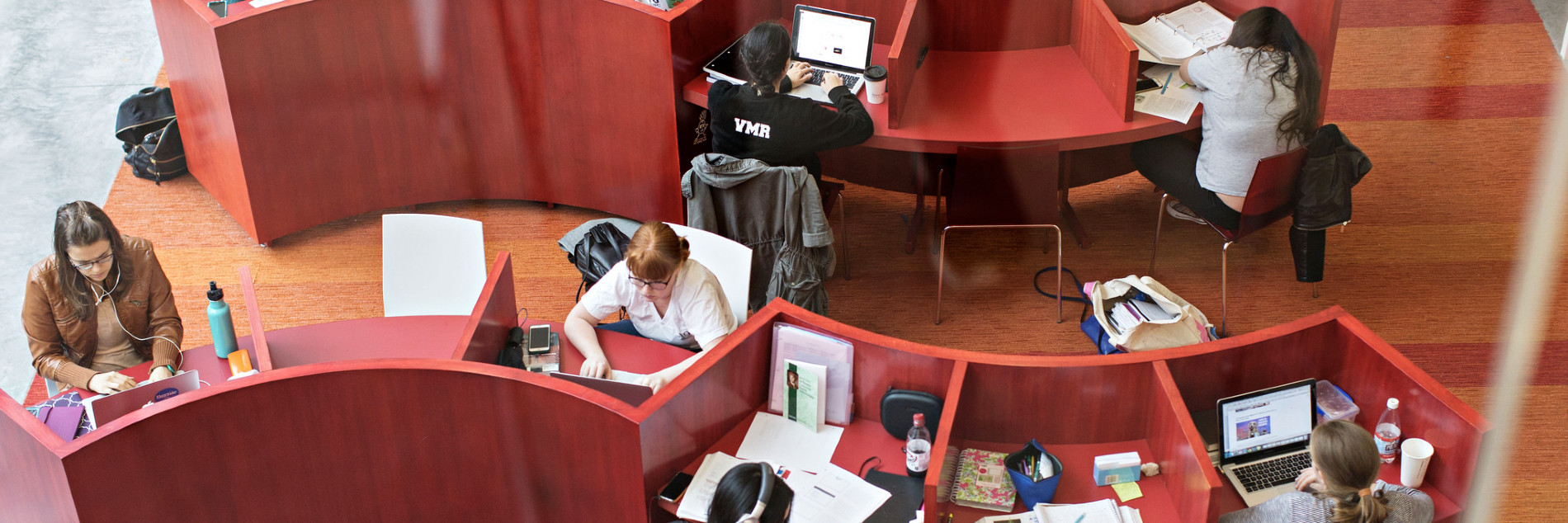Guiding Principles
Guiding Principles
Guiding Principles
Guiding Principles
Image

Principles
Barnard: Bold, Strong, Together is based on the following principles:
- Safe. The College will ensure that all members of the community who return to campus are as safe as possible, with proper testing and health evaluation, as well as contingency plans, such as isolation spaces.
- Equitable. The College will work closely with all members of our community who require accommodations to return in-person or virtually.
- Meaningful. Students will experience the best of Barnard through new academic programs, engaging student activities, and strong sense of community.
- Flexible. Programs and operations will respond nimbly to changing conditions.
- Robust. The return to campus will seek to reasonably return as many students as possible to campus, within the constraints posed by the other principles.
- Feasible. All steps of the return to campus plan will align with Columbia’s efforts where applicable and conform to regulatory requirements.
Feel Well, Do Well: Campus and Community Safety Measures
Creating a culture in which everyone at Barnard understands how their individual decisions impact others and acts accordingly is paramount to the health and safety of the whole community. To prioritize health and wellness for the Barnard and Morningside Heights communities, measures center around:
- Masks. The College will ensure that all members of the community who return to campus are as safe as possible, with proper testing and health evaluation, as well as contingency plans, such as isolation spaces.
- Distancing. All are expected to maintain a minimum physical distance of at least 6 feet and be mindful of physical distancing in small spaces, including elevators, hallways, stairwells, and restrooms.
- Screening and Testing. The College has implemented a screening, testing, and contact-tracing program for all members of our community.
- Community-Oriented Culture. Students, faculty, and staff are expected to acknowledge, and upon their return to campus, adhere to a new community pledge that emphasizes every member of the community must take responsibility in helping to maintain a safe environment.
- Hygiene and Cleaning. Community emphasis on washing hands frequently and thoroughly. Upgrades to fixtures, including touch-free devices, frequent cleaning of residence halls, restrooms, and campus spaces, and availability of sanitizing supplies.
› Visit Feel Well, Do Well: Health & Safety for detailed information.